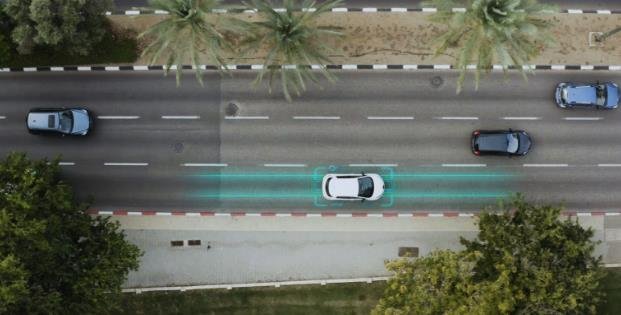Israel is expecting a huge jump in electric vehicle use by the end of the decade, when nearly a third of cars will be charged by the power grid rather than using gasoline, the Energy Ministry said on Tuesday. This will add significant stress to the national power grid, accounting for 6% of total demand, and require a tenfold expansion in battery charging capacity, the ministry said.
A shift to clean energy
The forecast comes as the government is reexamining its energy export policy, with the aim of boosting natural gas exports across the region while making sure it keeps enough reserves to meet the demand of a rapidly growing population. Israel’s newfound natural gas deposits are its main power source.
About 1.3 million cars, or 30% of the country’s total, will be electric by 2030. That is up from 70,000 today, which is less than 2%, the ministry said in an official forecast. By 2050, the ministry expects all 6 million cars on the road to be electric.
The increase is expected despite a hike in taxes on electric cars. The tax rate is due to jump to 35% in 2024 from 20% this year. But that will be offset by lost income from the sale of gasoline, which is taxed 50%.

A challenge for the power grid
The ministry said that the expected growth in electric vehicles will pose a challenge for the power grid, which will need to increase its capacity and reliability. The ministry estimated that by 2030, electric vehicles will consume about 6% of the total electricity demand, or about 3.5 terawatt-hours per year.
To meet this demand, the ministry said it will need to expand the battery charging infrastructure, both in public and private spaces. The ministry said it plans to install about 2.5 million charging points by 2030, up from about 250,000 today.
The ministry also said it will encourage smart charging solutions, such as using renewable energy sources or off-peak hours, to reduce the impact on the grid.
A benefit for the environment
The ministry said that the shift to electric vehicles will have a positive effect on the environment, as it will reduce greenhouse gas emissions and air pollution. The ministry estimated that by 2030, electric vehicles will save about 2.5 million tons of carbon dioxide emissions per year, equivalent to about 10% of Israel’s current emissions from transportation.
The ministry also said that electric vehicles will improve the quality of life for Israelis, as they will reduce noise and traffic congestion. The ministry said it expects that by 2030, electric vehicles will save about 1 billion shekels ($310 million) per year in health costs and productivity losses due to air pollution.
The ministry said it will continue to promote policies and incentives to support the adoption of electric vehicles, such as subsidies, tax breaks, preferential parking and access to public transportation lanes.
